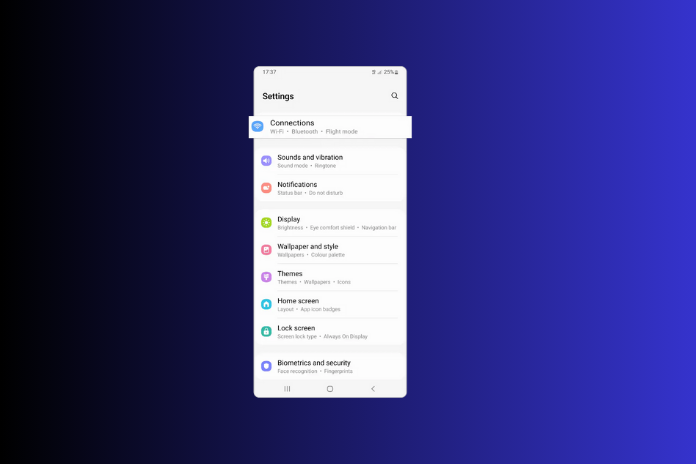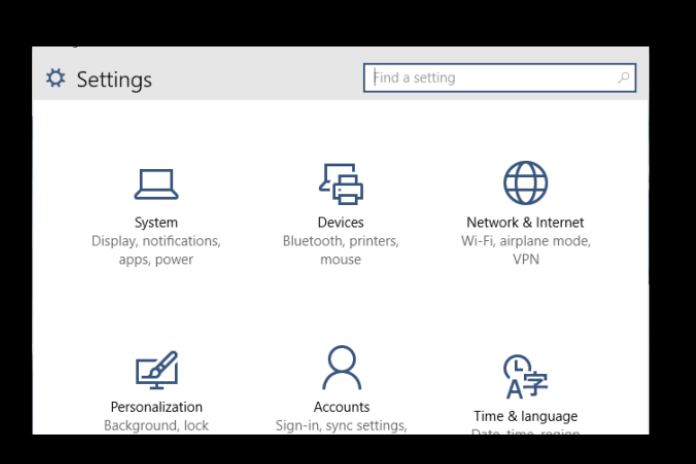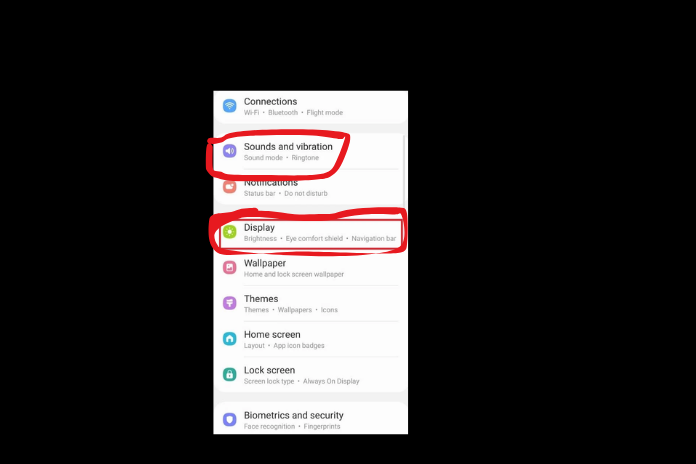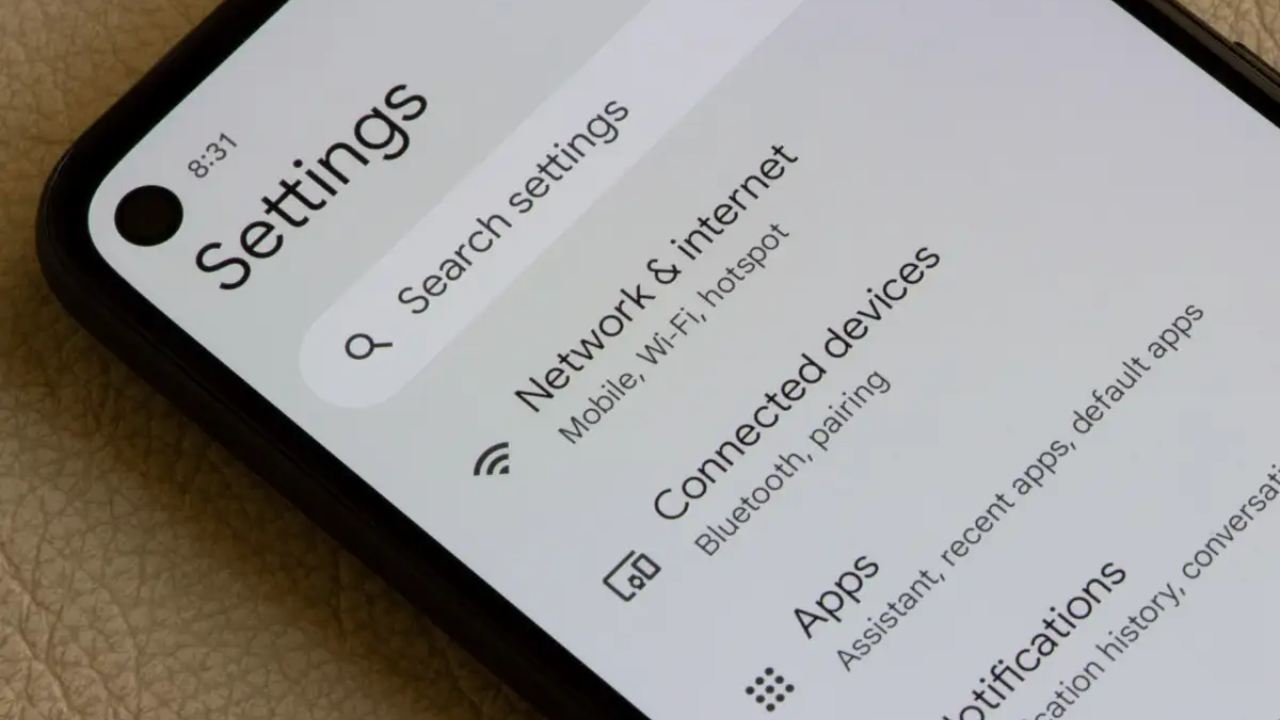Within the technology domain, settings serve as an entry point for personalization and command. They let users customize their interactions, adjust settings, and maximize features. As a central location for access to several functions, Open Settings empowers users to personalize their devices to the fullest extent possible.
We’ll go into the realm of open settings in this piece, examining their importance, features, and role in empowering users in the current digital era.
Understanding Settings: The Heart of Personalization
Any device, whether a computer, tablet, smartphone, or other digital item, needs its settings. They function as a single, central destination where users may adjust different facets of the appearance and behavior of their device. Through the settings menu, users may customize their gadgets to suit their own requirements and tastes.
Getting into this control center is part of the open settings philosophy. Accessing the settings is akin to opening a door to personalization, enabling users to tailor their gadgets to their preferences.
The Importance of Open Settings

Personalization: The height of customization is found in open settings. Users can alter their notification noises, backgrounds, themes, and more using them. A device that has been customized feels special and suited to the user’s preferences.
Accessibility: To accommodate users with varying needs, settings provide accessibility options. In order to ensure that technology is accessible to everyone, this might include features like screen readers, text magnification, color modifications, and more.
Security and Privacy: Users can modify security settings, set up passcodes or biometrics, control app permissions, and choose which data is shared with apps using the open settings feature. Users are given the ability to protect their personal data.
Optimization: Device performance, battery life, and storage may all be optimized with the settings. Users can manage programs, clean the cache, change the display settings, and activate power-saving modes for increased efficiency.
Network Configuration: Wi-Fi, mobile data, VPN, and many network-related settings can all be customized by users. By doing this, you can use the device with seamless connectivity and privacy.
Navigating Open Settings
The procedure to access settings may differ depending on the operating system and device. But the basic strategy is still the same:
On Smartphones and Tablets (Android/iOS):
- Android: Generally, scroll down from the top of the screen and tap the gear icon in the notification panel, or tap the gear-shaped settings button in the app drawer.
- iOS: Locate the settings app, denoted by a gear-shaped icon. Usually, you may find it in the app library or on the home screen. On Windows-based systems.
On Windows Computers:

Select the settings gear icon by clicking the Windows Start button, normally found in the lower-left corner of the screen.
On Mac Computers:
In the upper left corner, click the Apple logo, then choose “System Preferences.”
On Web Browsers:
Every browser has a different set of settings. In most cases, you may get to the settings by selecting “Settings” or a related option by clicking on the three-dot menu symbol in the upper right corner.
Also Read: How to Unblock a Number on Android and iPhone?
Common Settings Categories
General Settings:
- Language and Region
- Date and Time
- Accessibility
Display and Sound:

- Brightness
- Wallpaper
- Sound and Vibration
Network and Connectivity:
- Wi-Fi
- Mobile Data
- Bluetooth
- VPN
Security and Privacy:
- Lock Screen and Security
- Privacy
- Permissions
Applications and Notifications:

- App Permissions
- App Management
Battery and Performance:
- Battery Optimization
- Performance Settings
Storage and Memory:
- Storage Usage
- Memory Management
Accounts and Sync:
Email Accounts
Sync Settings
Also Read: Screenshots Made Easy: A Step-by-Step Tutorial for HP Users
Conclusion
The doorway to a customized digital experience is open settings. They provide consumers the ability to customize, safeguard, and enhance their gadgets to meet their unique requirements. Making the most of one’s technology requires knowing how to access and use these options.
Open settings will become more and more important as technology develops to make sure that gadgets fit into our lives naturally and improve productivity, security, and user happiness.
